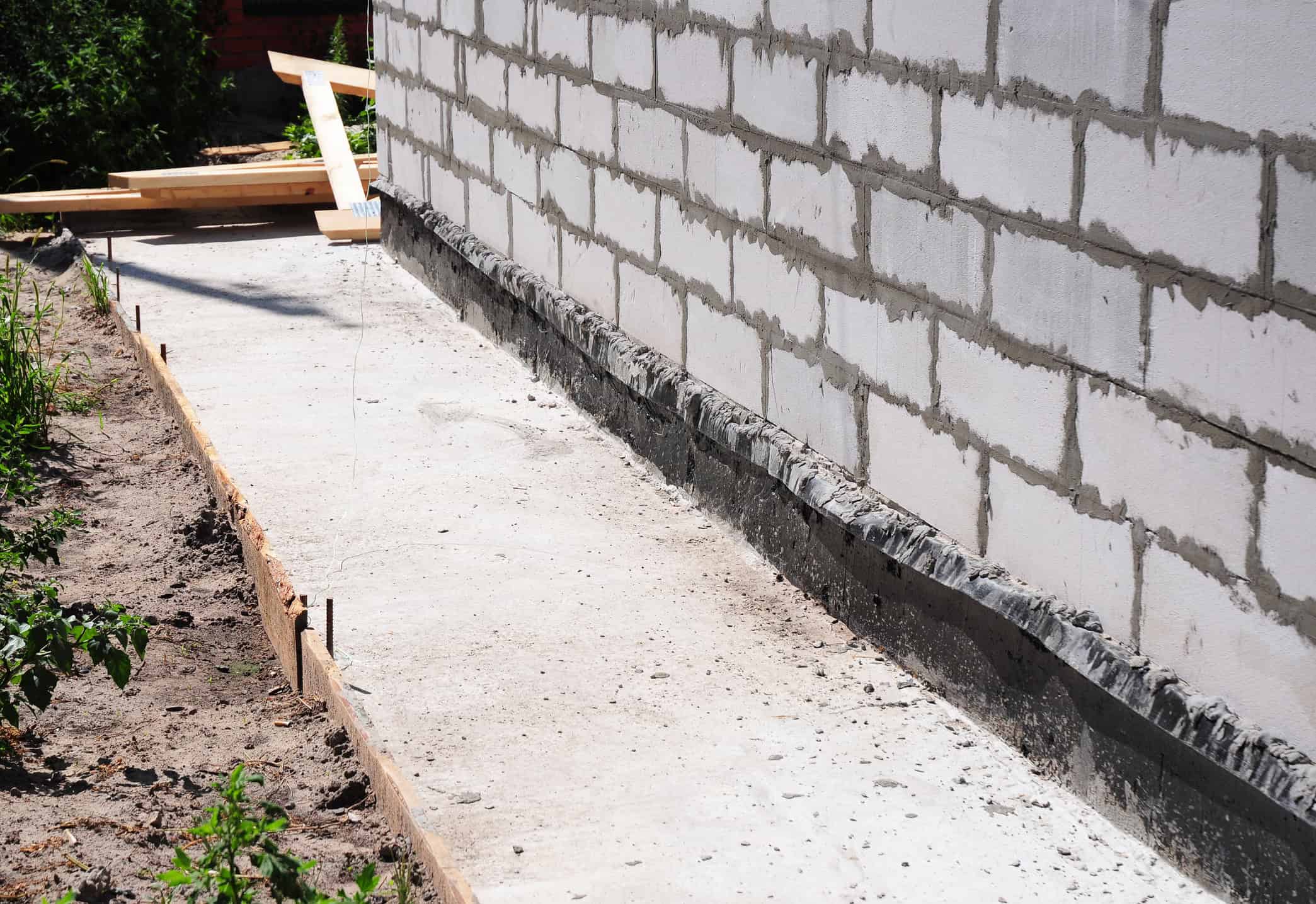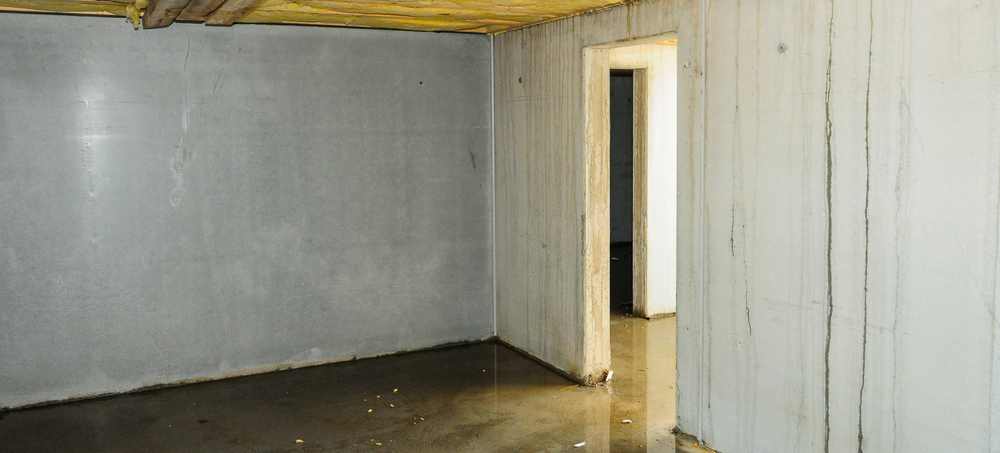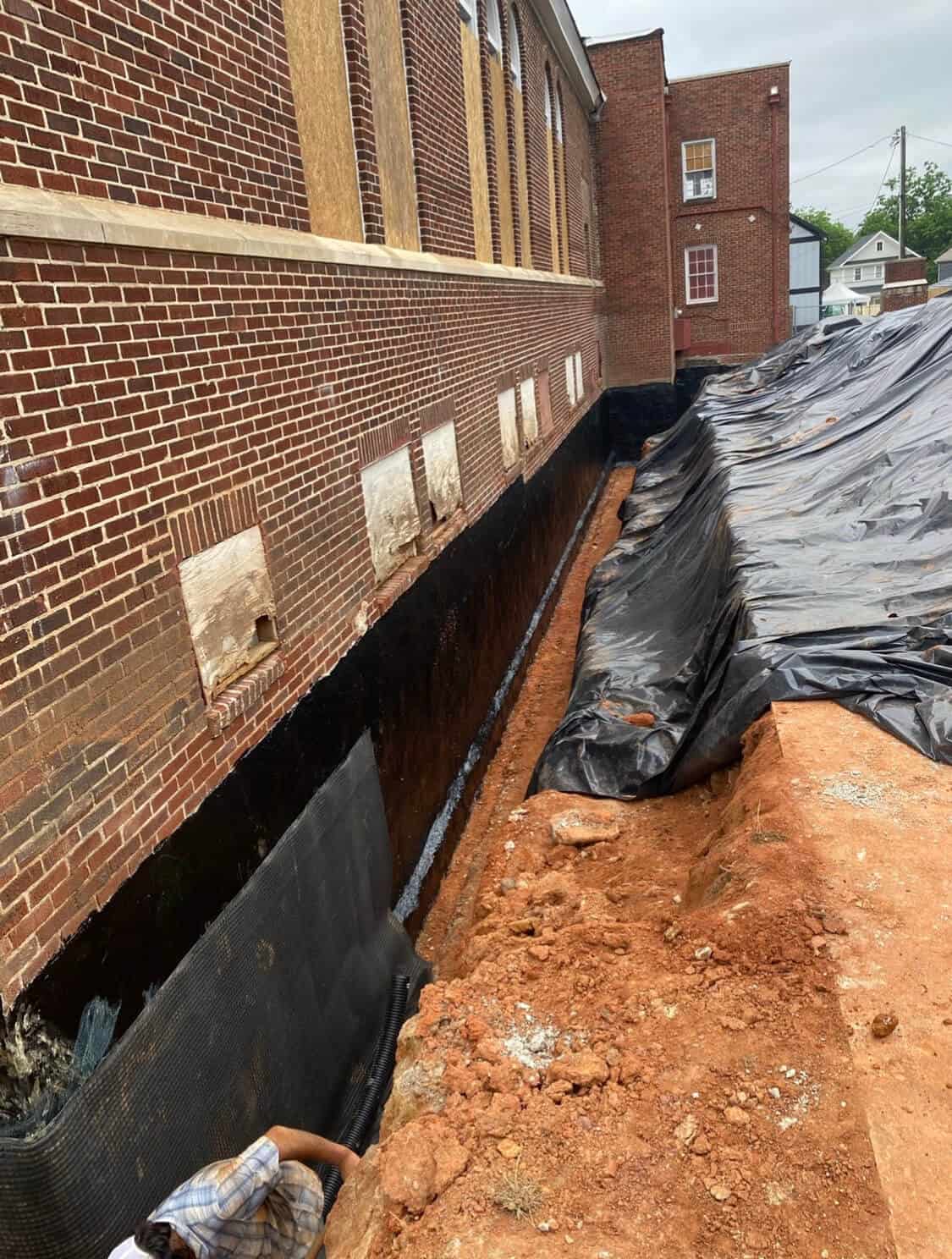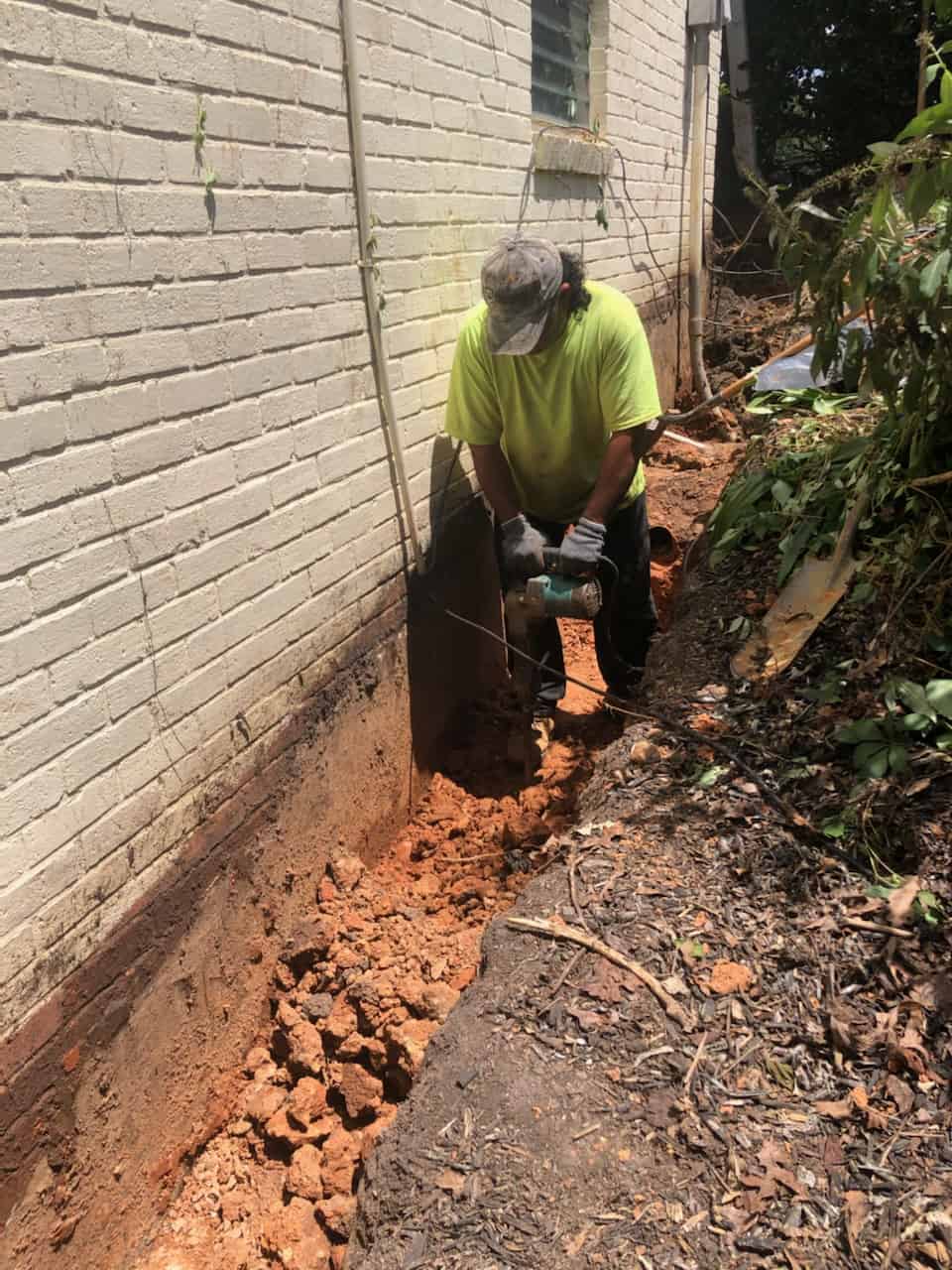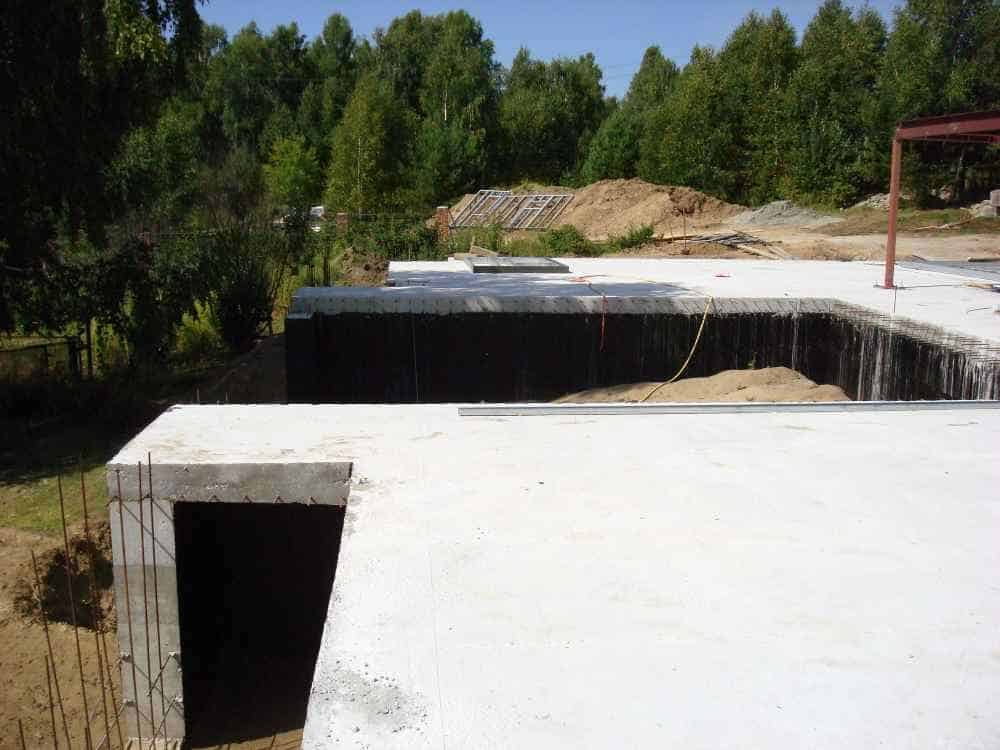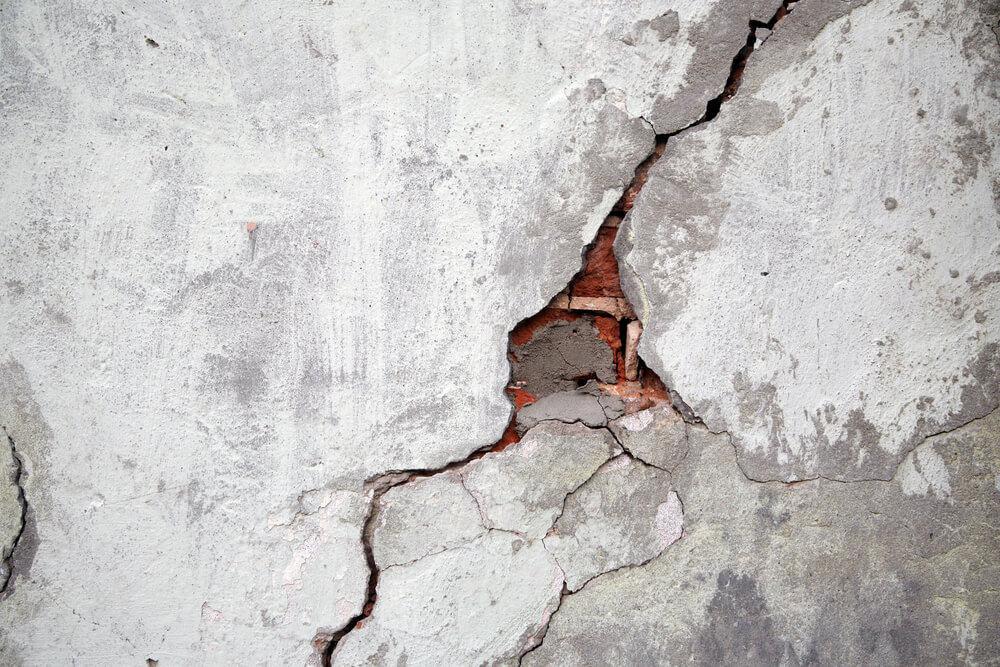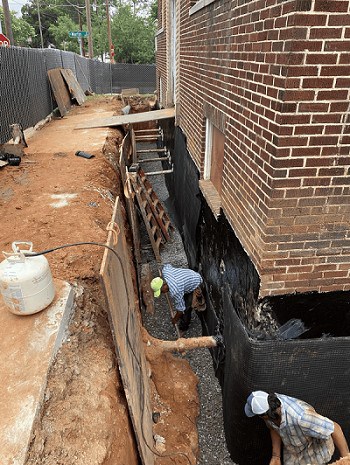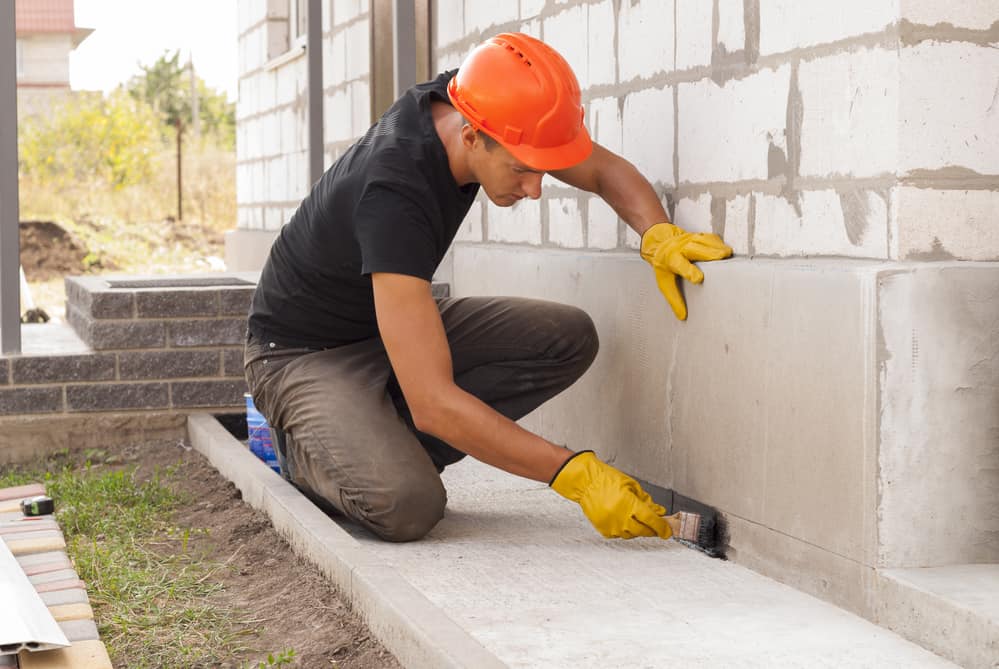Stop Water Damage in Its Tracks
Water damage can wreak havoc on your home’s foundation, leading to costly repairs and structural issues. At Raleigh Waterproofing Inc., we understand the importance of protecting your investment with top-notch foundation waterproofing solutions. Here’s an in-depth guide to help you understand and implement effective foundation waterproofing strategies.
Understanding Foundation Waterproofing
Foundation waterproofing is the process of protecting your home’s foundation from water infiltration. It involves various techniques and materials designed to keep water out, ensuring the structural integrity and longevity of your home.
The Importance of Foundation Waterproofing
1. Prevent Structural Damage: Water infiltration can weaken your foundation, leading to cracks and structural instability. Proper waterproofing prevents these issues, preserving the strength and safety of your home.
2. Avoid Mold and Mildew: Damp foundations are breeding grounds for mold and mildew, which can cause health issues. Waterproofing keeps your foundation dry, reducing the risk of mold growth.
3. Increase Property Value: A well-maintained, dry foundation enhances the overall value of your property. Potential buyers are likely to appreciate the added protection against water damage.
4. Protect Personal Belongings: A dry foundation ensures that any items stored in your basement or crawl space are safe from water damage.
Foundation Waterproofing Techniques
1. Exterior Waterproofing: This involves excavating around the foundation to apply a waterproof membrane. Exterior waterproofing is highly effective but can be costly and labor-intensive.
2. Interior Waterproofing: Interior methods include the use of sealants and coatings to create a barrier on the inside walls and floors. While easier and less expensive, these methods may not be as effective as exterior waterproofing.
3. Drainage Systems: Installing French drains, sump pumps, and other drainage systems helps manage water that seeps into the foundation. These systems redirect water away from the foundation, keeping it dry.
4. Crack Injections: For minor leaks and cracks, epoxy or polyurethane injections can seal the gaps, providing a quick and affordable solution for small-scale water infiltration.
Signs You Need Foundation Waterproofing
1. Visible Cracks: Cracks in your foundation walls or floors are clear indicators of potential water issues. Addressing these early can prevent further damage.
2. Dampness or Wet Spots: Persistent damp spots or water puddles in your basement or crawl space signal the need for waterproofing.
3. Musty Odors: A musty smell often indicates mold or mildew growth, a sign that your foundation is retaining moisture.
4. Peeling Paint or Wallpaper: Peeling paint or wallpaper on your foundation walls can indicate water infiltration, necessitating waterproofing.
DIY vs. Professional Waterproofing
While some waterproofing tasks can be handled as DIY projects, professional services ensure thorough and long-lasting protection. Here’s why hiring experts like Raleigh Waterproofing Inc. is often the better choice:
1. Expertise and Experience: Professionals have the knowledge and experience to identify and address water issues effectively.
2. Advanced Tools and Techniques: Waterproofing companies use specialized tools and techniques that are often beyond the reach of DIY enthusiasts.
3. Comprehensive Solutions: Professionals provide a full range of services, from initial assessment to complete waterproofing solutions.
4. Warranty and Support: Reputable waterproofing companies offer warranties and ongoing support, giving you peace of mind.
Maintaining Your Waterproofed Foundation
1. Regular Inspections: Conduct periodic inspections to catch any new cracks or signs of moisture early.
2. Keep Gutters Clean: Ensure gutters and downspouts are clean and directing water away from your foundation.
3. Manage Landscaping: Proper landscaping can help direct water away from your foundation.
4. Monitor Humidity Levels: Use a dehumidifier in your basement or crawl space to keep humidity levels in check.
Final Thoughts
Foundation waterproofing is essential for maintaining a dry, healthy, and structurally sound home. By understanding the importance, techniques, and maintenance tips, you can protect your foundation from water damage effectively. For the best results, consider hiring a professional waterproofing service like Raleigh Waterproofing Inc. to ensure your home remains safe and dry.


